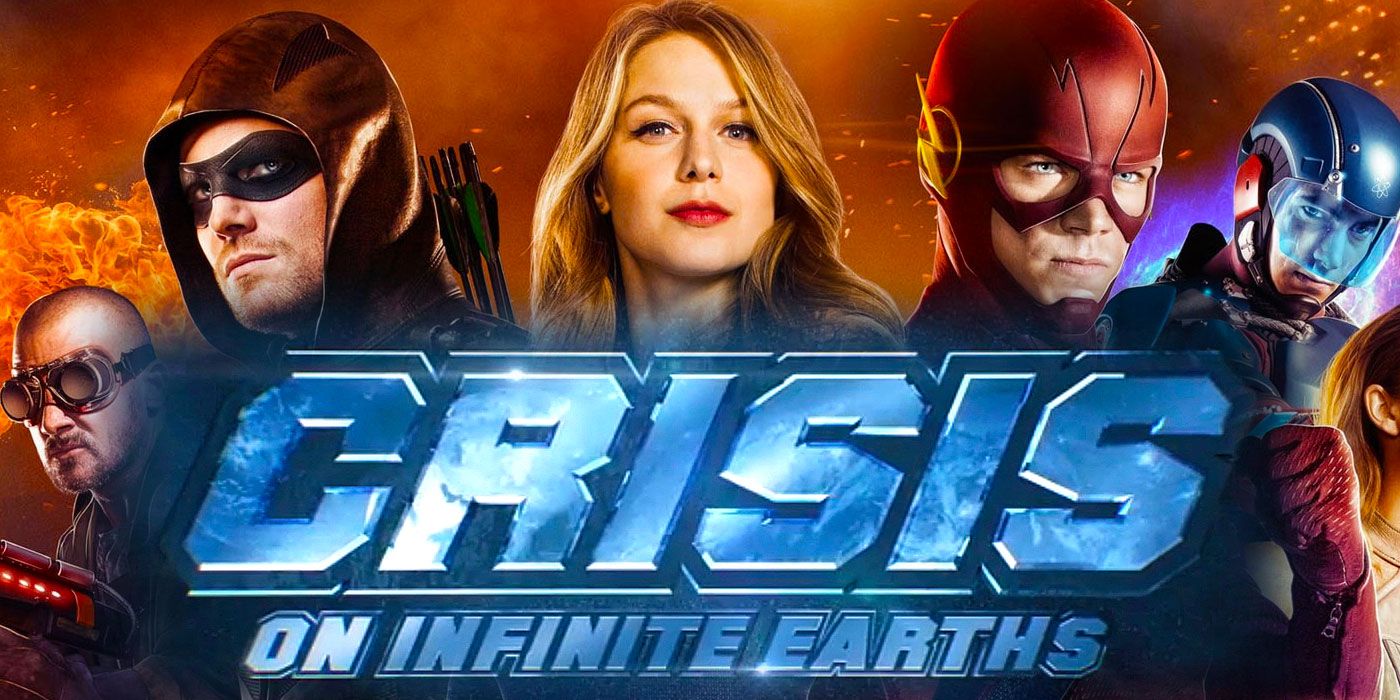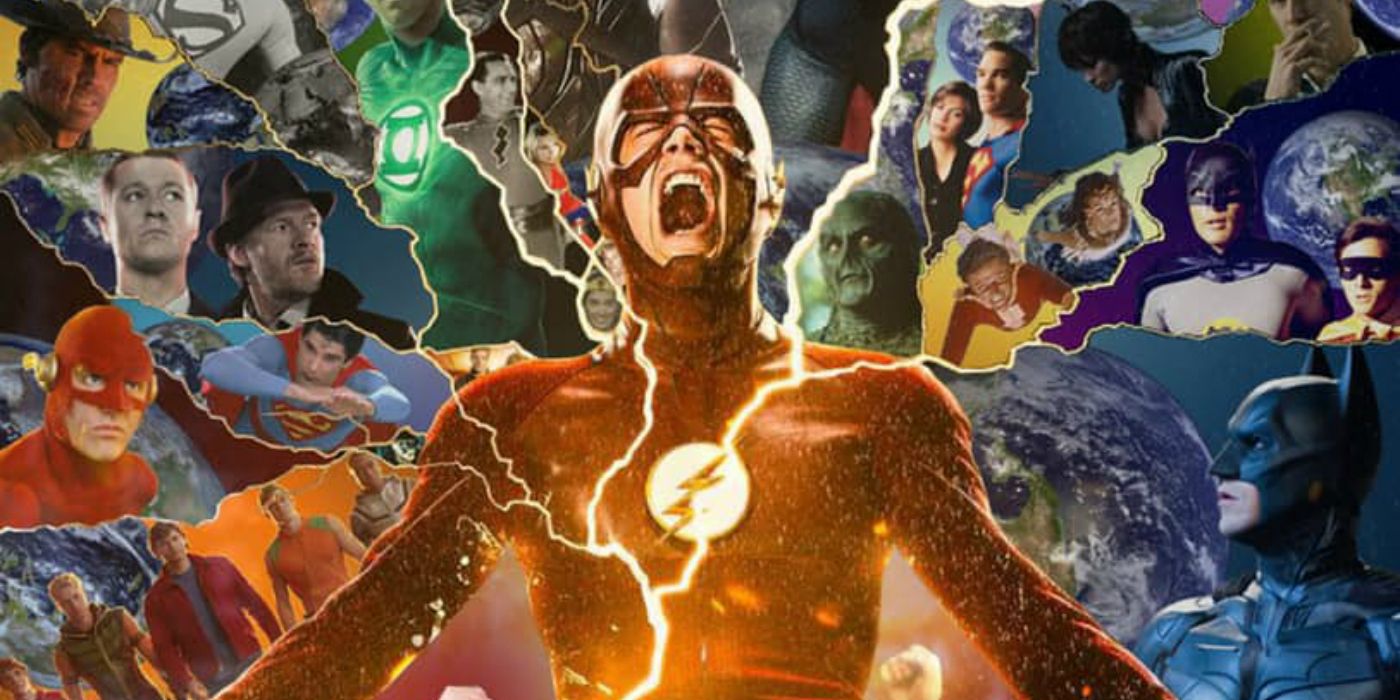Much like the comic book that inspired it, The CW's upcoming event "Crisis on Infinite Earths" seeks to clean up the now sprawling continuity between its various DC-related shows. This issue can be seen in that Supergirl and Black Lightning take place on different earths than The Flash and Arrow. However, as confusing as this problem may be for viewers, there's an even bigger issue for DC fans.
Outside of the Arrowverse, there's a litany of other DC shows, such as Pennyworth, Doom Patrol, Titans, (arguably) Watchmen and upcoming series such as Green Lantern and Strange Adventures. Though some of these share continuity, most are completely unrelated. Is this a chance to expose viewers to DC characters outside of the shackles of a shared universe, or does the potential confusion do more harm than good?
The E Stands for Extended
Warner Bros. has been notorious in the past for keeping properties relegated to one of two mediums: television or the big screen. This was supposedly the impetus behind keeping Bruce Wayne/Batman from appearing on Smallville, while that show could exist at the same time as Superman Returns due to its less overt use of the Man of Steel's mythos. However, that rule has notably been bent in recent years. There are no less than three live-action TV shows utilizing the Batman mythos at the moment: Pennyworth, Titans and Batwoman. While common sense should arguably dictate that these shows, which are broadcast on different networks, are unrelated outside of their use of Batman mythology, it'd be foolish to assume that every viewer would understand this. It's made worse by Gotham's only recent ending and the upcoming Matt Reeves film The Batman.
Bringing Black Lightning and Supergirl into the main Arrowverse Earth makes things easier, but it still can't account for the other disparate series that are already being broadcast or still coming down the pipeline. It would also probably preclude certain characters from appearing on other networks. For instance, even with Arrow ending, it's unlikely that Green Arrow would show up in, say, Titans or Strange Adventures. Nevertheless, prominent villain Deathstroke has appeared in the Arrowverse, Titans and the DCEU! This confusion is inherent in live-action media released in the same span of time, and it's made worse when they're in the same medium, i.e. television. Some viewers may event wonder if they're connected to the movies. For instance, Pennyworth could, to the unassuming, be meant as a prequel to Gotham, the DCEU, Arrowverse Batman, the Titans universe or even the Dark Knight trilogy,
DC Labels
One way to possibly prevent confusion would be to have each production labeled as belonging to a certain universe or "style." This sort of idea was pitched by Joker director Todd Phillips, suggesting a "DC Black" label for particularly dark takes on the characters. Though DC/Warner Bros. initially rejected the idea, that film's success may have teh company open up to it. For instance, films or TV shows like Joker could have a label designating themselves as "DC Black" during the opening credits. Conversely, shows on HBO Max, DC Universe or The CW could have their own equivalent to this, while the normal DCEU movies could retain the opening label used in films such as Aquaman. The CW has used pre-show labels for each individual show already, but having a banner that officially reads as "Arrowverse," while the movies say "DC Extended Universe" and the Max shows display "DC HBO" would go a long way in alleviating any potential viewer confusion.
Even in films, Warner Bros. has made it clear that it no longer wishes to imitate the strict interconnectivity of the Marvel Cinematic Universe. Thus, as Marvel's shows and movies become more connected, perhaps it makes sense that DC's would instead diverge further. Having labels or some other such differentiator would be of particular importance as more DC media is added to the DC Universe streaming service. No matter how Warner Bros. decides to handle this growing issue, unlike its competition, with DC, it's definitely not "all connected."


